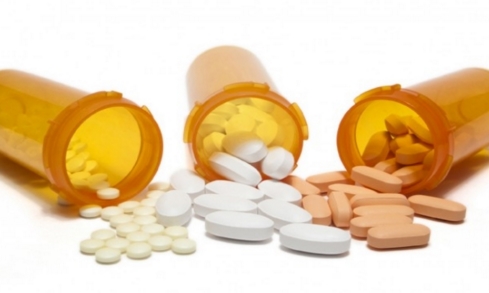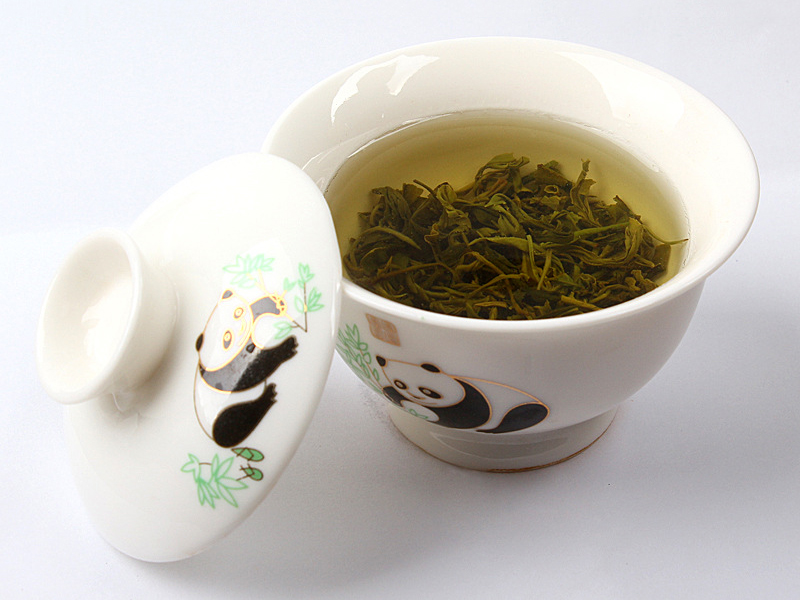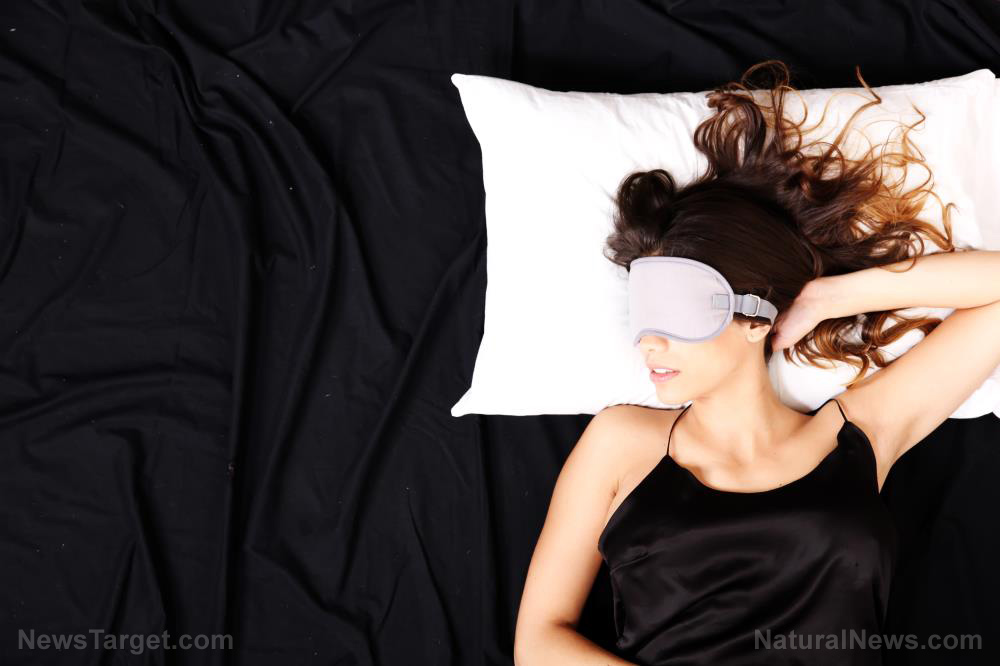Study: RUNNING boosts mental health and helps treat depression
11/01/2023 / By Olivia Cook

For those experiencing anxiety and depression, lacing up their running shoes proves to be a better choice instead of taking drugs, according to a study.
The May 15 study published in the Journal of Affective Disorders found that running as therapy for anxiety and depression outperforms the effects of prescription antidepressants on mental and physical health and overall well-being – without negative side effects.
The study authors from the Netherlands gave 141 participants with anxiety and/or depression a real-life choice of treatments for their condition – medication or exercise – for a 16-week period. The medication group took escitalopram (an antidepressant that belongs to a group of medicines known as selective serotonin reuptake inhibitors or SSRIs that work by increasing the activity of “happy hormone” serotonin in the brain) and were told to adhere to their prescribed medication. Meanwhile, the exercise group aimed for two to three closely supervised 45-minute group sessions per week for 16 weeks.
At the end of the trial, researchers reported that around 44 percent of both groups showed an improvement in anxiety and depression. Significant improvements in blood pressure, heart function, weight and waist circumference were also reported in the running group. On the other hand, a tendency toward a slight deterioration in these metabolic markers was observed and reported in the antidepressant group. (Related: Exercise: The Miracle antidepressant drug?)
While the physical benefits of running as exercise have been well-established, there is plenty of scientific evidence suggesting that running can also improve your mental health and well-being. Here are some studies that support this belief.
Running is a great stress reliever
Dr. David Linden, a professor of neuroscience at Johns Hopkins University School of Medicine, gives credit to a group of neurotransmitters called “endocannabinoids” – biochemical substances produced naturally by the body. These chemicals travel in and around the brain for the stress-reducing effects of a good run.
Endocannabinoids are produced in higher-than-normal concentrations during your runs and once they get into the brain, they exhibit the ability to reduce feelings of anxiety and encourage calm.
Unlike endorphins – biochemicals or hormones your body releases during pleasurable activities such as eating, exercise, massage and even sex – endocannabinoids can move easily through the cellular barrier separating the bloodstream from the brain, where these mood-improving neuromodulators promote short-term psychoactive effects, such as reduced anxiety and feelings of calm, Linden explained.
By making running a regular part of your healthy lifestyle routine, “you stand to earn more than just physical gains over time,” said Linden.
A study published in the journal Biochemical Pharmacology concluded that present findings point to the “endocannabinoid system as a pivotal neuromodulatory pathway relevant in the pathophysiology of mental disorders.”
Running improves mood
A team of scientists at the University of Tsukuba in Japan completed a study published in the journal Scientific Reports, which provided evidence that a 10-minute single-bout of moderate-intensity running evokes a positive mood and increased executive function by enhancing arousal levels with activation in prefrontal subregions involved in mood regulation.
Researchers reported that running increased local blood flow to various parts of the prefrontal cortex – the gray matter of the anterior part of the frontal lobe that is highly developed in humans and plays a major role in the regulation of behavioral, cognitive and emotional functioning.
Running promotes better sleep quality
Running also improves sleep quality, which can in turn boost your mental health. A study of 51 adolescents with a mean age of 18.3 years has found that 30 minutes of daily morning moderate-intensity running for three consecutive weeks improved sleep and psychological functioning in healthy adolescents, compared with control subjects. The study was published in the Journal of Adolescent Health.
Running helps you better process your emotions
Running has been found as a perfect way to separate yourself from a situation for a little while. The key takeaway of a study involving 1.2 million Americans, published in The Lancet: Psychiatry, is that “if you run regularly, you probably experience better mental health days than not.”
Researchers found people who exercise regularly have 43.2 percent fewer days of “not good” mental health per month – characterized by heightened emotional stress –compared to those who don’t exercise regularly.
According to a study published online by JAMA Psychiatry, physical activity has an important and “potentially causal role” in reducing your risk for depression. Data suggests that if you replaced 15 minutes per day of sitting with 15 minutes of vigorous activity like running, you may be able to “outrun” depression.
Running builds self-esteem
Researchers in a study published in the journal Neuropsychiatric Disease and Treatment has found that physical activities like running and jogging are directly related to better self-esteem as runners (or joggers) physically grow stronger and surer of themselves with each and every foot strike.
They added that running could provide a feeling of empowerment and freedom by knowing that your body, legs and mind are strong and capable, which can lead to improved perceptions of fitness and body image.
Visit BeatDepression.news for more similar stories.
Watch this video about how running is linked to improved mental health.
This video is from the Daily Videos channel on Brighteon.com.
More related stories:
Lifting weights could ward off dementia and make you smarter.
9 Herbs that can support mental health.
Brain food: Nutrient therapy can help address mental health issues.
Battle mental orders with these natural herbs.
Adapt to stress with these 5 adaptogenic herbs.
Sources include:
Submit a correction >>
Tagged Under:
alternative medicine, Antidepressants, anxiety relief, beat depression, depression symptoms, escitalopram, exercise, health science, Men's Fitness, mental health, mind body science, natural cures, natural medicine, physical activity, remedies, research, running, Women's Fitness
This article may contain statements that reflect the opinion of the author
RECENT NEWS & ARTICLES
HealthScience.News is a fact-based public education website published by Health Science News Features, LLC.
All content copyright © 2018 by Health Science News Features, LLC.
Contact Us with Tips or Corrections
All trademarks, registered trademarks and servicemarks mentioned on this site are the property of their respective owners.




















